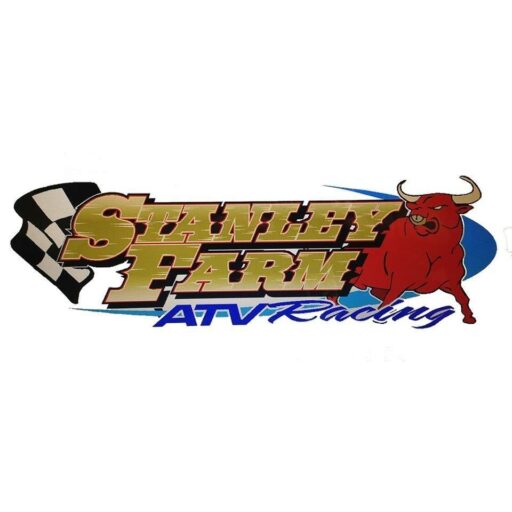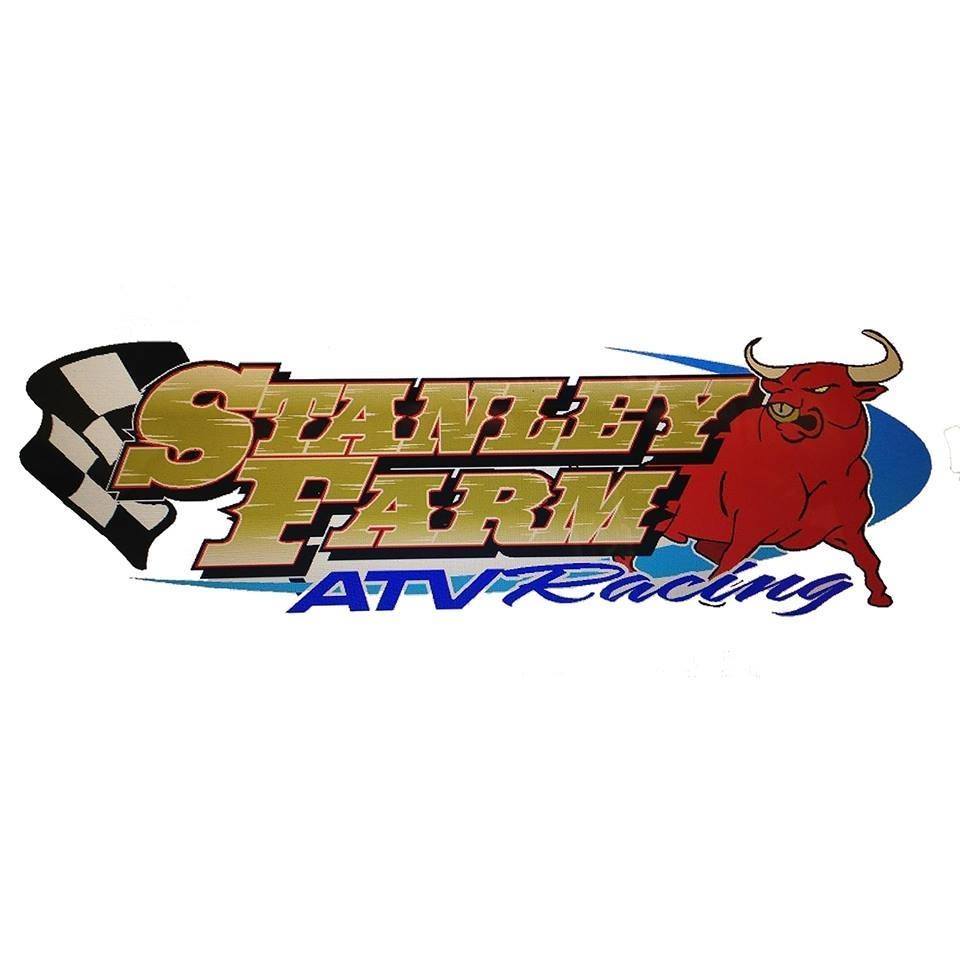Introduction: Why Safety Gear Matters in ATV Maintenance
If you’ve ever spent time maintaining a farm ATV, you know it’s not just about oil changes and tightening bolts—it’s about safety too. Farm environments can be unpredictable, and when you’re dealing with heavy-duty ATV models, sharp tools, and moving parts, accidents can happen fast. The best way to protect yourself is by using the right gear every single time you perform maintenance and repairs. Think of protective equipment as your shield—it keeps you safe while you keep your ATV in top shape.
In this article, we’ll explore 9 protective equipment tips for farm ATV maintenance that every farmer, rancher, and ATV owner should follow.
Tip 1: Always Wear a Certified Helmet
Choosing the Right Helmet for Farm Work
A helmet isn’t just for when you’re riding your ATV—it’s just as important during maintenance. Working underneath, adjusting attachments, or even transporting your ATV across rough terrain puts you at risk of bumps, slips, or falling tools. Choose a DOT or ECE-certified helmet designed for off-road use.
How Helmets Protect Against Unexpected Hazards
Farm work is full of surprises. A loose wrench, a falling part, or even a quick slip on oil can turn into a head injury. A helmet acts like a hard shell between you and danger.
Tip 2: Use Safety Goggles or Face Shields
Dust, Debris, and Chemical Protection
When cleaning your ATV, replacing air filters, or handling lubricants, your eyes are the first line of defense. Goggles shield against dust, dirt, sparks, and splashes from cleaning chemicals.
Best Types of Goggles for Farm ATV Maintenance
Go for anti-fog, scratch-resistant goggles that fit snugly around your eyes. If you’re welding or grinding, a full-face shield is better for wider coverage.
Tip 3: Invest in Durable Gloves
Grip, Comfort, and Hand Protection
Your hands do most of the work during ATV maintenance—tightening bolts, checking fluids, attaching ATV accessories. Gloves not only provide grip but also protect against cuts, burns, and chemical exposure.
Weather-Specific ATV Maintenance Gloves
- Cold-weather gloves: Insulated for comfort and dexterity in winter.
- Summer gloves: Lightweight, breathable, but still abrasion-resistant.
Tip 4: Protective Boots for Stability and Safety
Why Steel-Toe Boots Are a Must
When you’re working around heavy farm equipment, a dropped wrench or ATV part can easily crush a toe. Steel-toe boots absorb the impact.
Slip-Resistant Soles for Farm Environments
Farmyards can be muddy, oily, or uneven. Slip-resistant soles give you the traction you need to stay upright, especially while maneuvering around your ATV.

Tip 5: Coveralls or Protective Clothing
Fire-Resistant and Oil-Resistant Options
Clothing designed for maintenance work keeps you safe from sparks, oil spills, and sharp edges. Coveralls or protective overalls are best because they cover your entire body.
Balancing Comfort and Safety
Choose materials that allow movement and breathability while still giving full coverage. Lightweight cotton blends or reinforced denim are excellent for farm use.
Tip 6: Ear Protection During Loud Maintenance Tasks
When and Why to Use Earplugs or Earmuffs
Tasks like grinding, pressure washing, or working near loud heavy-duty ATVs can easily exceed safe noise levels. Earplugs or earmuffs reduce noise exposure and prevent long-term hearing loss.
Tip 7: Respirators and Masks for Dusty or Chemical Tasks
Situations That Require Respiratory Protection
Replacing air filters, cleaning carburetors, or working with solvents exposes you to dust and fumes. A respirator or high-quality mask helps you breathe easy.
Choosing Between Disposable and Reusable Masks
- Disposable masks: Great for quick, dusty tasks.
- Reusable respirators: Better for chemical-heavy maintenance work.
Tip 8: Reflective Gear for Low-Light Conditions
Importance of Visibility in Farm ATV Maintenance
If you’re working in the early morning or late evening, reflective gear ensures tractors, trucks, and other workers see you clearly.
Affordable Reflective Gear Options
Simple reflective vests, armbands, or even patches on your farm riding tips gear clothing can greatly improve safety.
Tip 9: First Aid Kit as a Part of Protective Gear
Essential Items for ATV Maintenance Emergencies
Even with all the right protective gear, accidents happen. Your first aid kit should include:
- Bandages and antiseptic wipes
- Burn cream and eye wash
- Tweezers and scissors
Keeping Kits Accessible and Up to Date
Store one kit in your ATV shed and another on the vehicle itself. Check supplies every few months.
Additional Safety Practices Beyond Equipment
Creating a Farm ATV Maintenance Checklist
A checklist reduces mistakes. Include steps like oil changes, brake checks, and maintenance logs to keep your ATV in peak shape.
Using Proper Tools with Your Gear
Protective gear works best when combined with the right tools. For example, using a jack stand when working under the ATV prevents accidents that even safety boots can’t fix.
Internal Links and Further Reading
For more ATV knowledge and guides, check out these resources:
- Explore all Farm ATVs
- Read our How-to Guides
- Learn about Off-road farming
- Discover future-ready 2025 ATV models
- See options for Affordable ATVs and Electric ATVs
- Check out Green Tech farming and Eco-farming
- Maximize efficiency with ATV attachments and Productivity gear
Conclusion: Safety First in Farm ATV Maintenance
Farm ATVs are incredible machines that make your work easier, but maintenance comes with risks. By following these 9 protective equipment tips for farm ATV maintenance, you’re not just extending the life of your ATV—you’re also protecting yourself. Think of it this way: your ATV can be replaced, but your health and safety cannot. So next time you pick up your tools, make sure your protective gear is on first.
FAQs
1. Do I really need a helmet if I’m not riding, just maintaining?
Yes. Helmets protect you from falling tools, slips, and accidental bumps.
2. What’s the best glove material for ATV maintenance?
Leather or synthetic blends offer both durability and grip.
3. How often should I replace my first aid kit supplies?
Check every 3–6 months and replace expired items.
4. Can I use regular work boots instead of steel-toe boots?
You can, but steel-toe boots provide extra protection against heavy drops.
5. Are disposable masks enough for chemical cleaning?
For light dust, yes. For chemicals, a reusable respirator is better.
6. Is reflective gear necessary on private farmland?
Yes—visibility protects you from tractors, trucks, and even other riders.
7. Where can I find affordable ATV safety gear?
Check local farm supply stores or online retailers specializing in ATV safety equipment.


